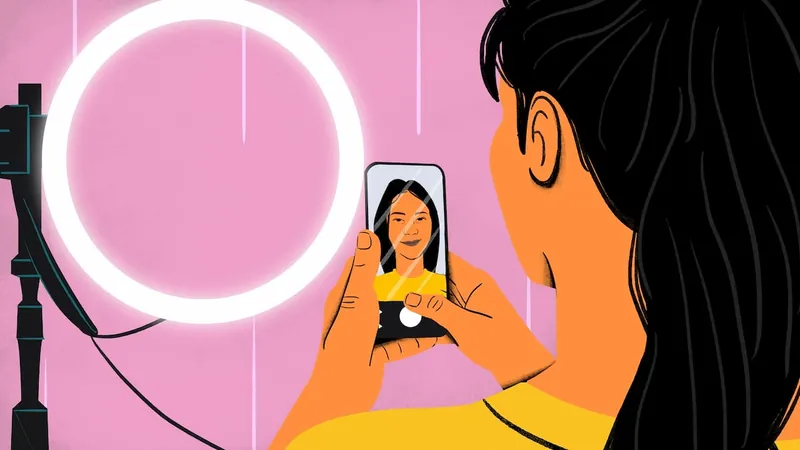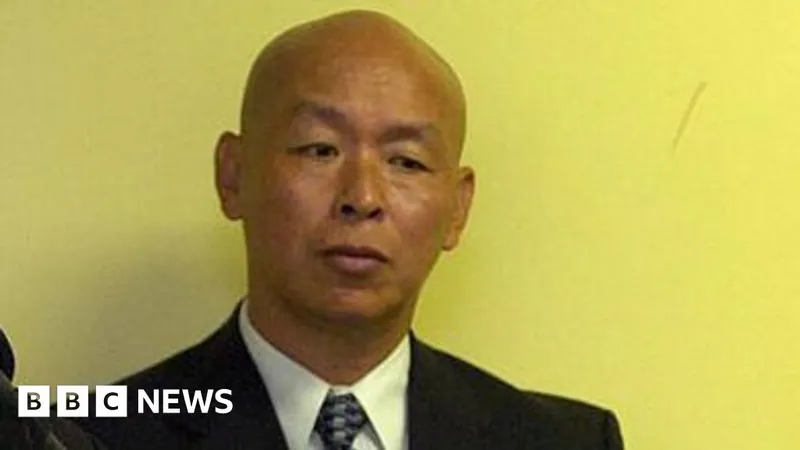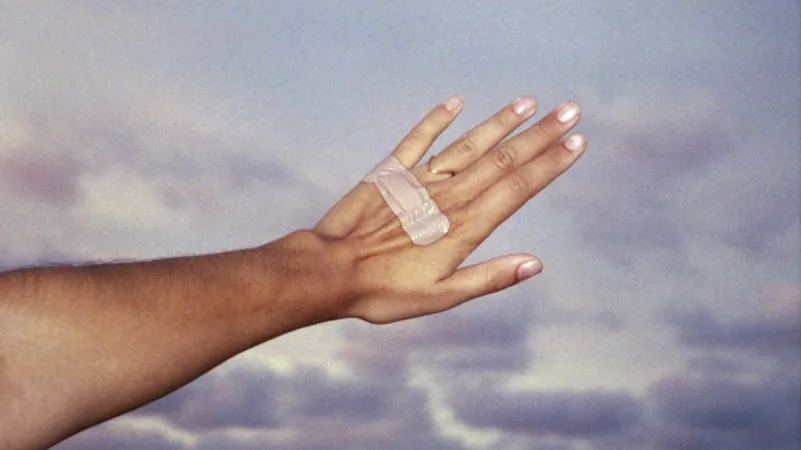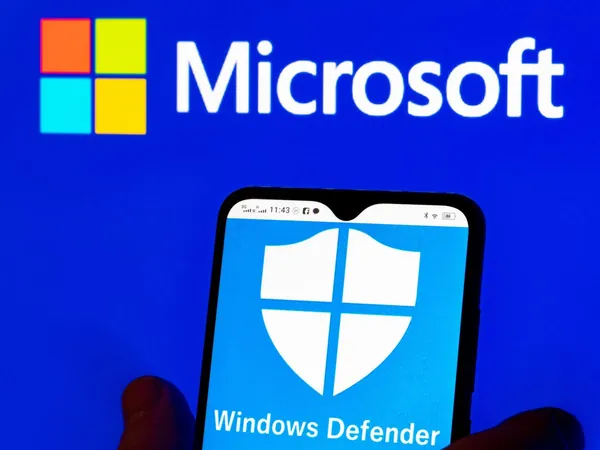
TikTok's ADHD Advice: Helpful or Harmful? Here’s What You Need to Know!
2025-03-30
Author: Emily
Introduction
As concerns about Attention-Deficit/Hyperactivity Disorder (ADHD) grow among adults in America, social media platforms, particularly TikTok, have become hotspots for sharing personal experiences, symptoms, and tips. With hashtags like #ADHD racking up hundreds of millions of views, the platform has carved itself a niche in the mental health dialogue, often using humor to make the discussion relatable.
Concerns Raised by New Research
While TikTok has indeed opened the door for many adults to seek diagnoses after years of feeling overlooked, a new study is ringing alarm bells. Researchers found that less than half of the claims made in popular ADHD-related videos align with scientific diagnostic criteria. Many of these snippets oversimplified the condition and often lacked reliable references.
The Role of Content Creators
Alarmingly, some content creators were found to market ADHD-related products, which raises questions about the motivations behind their posts. Consuming such content in large quantities may adversely affect viewers' self-perceptions. According to Vasileia Karasavva, a postdoctoral student at the University of British Columbia, individuals who consume more of this content tend to feel worse about their own ADHD symptoms, often believing they are more severe than they actually are.
Public Perception of ADHD
The impact of TikTok isn’t limited to just misinformation; it can also shape the public perception of ADHD in ways that aren't entirely constructive. Kevin Antshel, a clinical psychologist from Syracuse University, explains that the overwhelming amount of relatable content can lead viewers to self-diagnose, assuming they have ADHD based solely on non-expert interpretations.
Awareness and the Need for Balance
Despite these concerns, there’s a silver lining: awareness of ADHD in adults is on the rise. The U.S. currently lacks specific guidelines for adult diagnoses, but initiatives are underway to address this gap. In the meantime, clinicians like Maggie Sibley from the University of Washington stress a need for balance. Social media can help illuminate untreated symptoms and provide valuable community discourse for those who have gone unrecognized for years.
Misinformation and Its Impacts
However, many TikTok videos often skew the nuances of ADHD. In a study where psychologists rated the top 100 ADHD videos on TikTok, most were found to lack the specificity required for a professional diagnosis. Viewers—especially students—tended to misjudge the actual prevalence of ADHD, estimating it to be nearly twice as high as reality, which stands around 5% in Canada and 6% in the U.S.
Educational Efficacy of TikTok Content
TikTok’s humor-driven approach to ADHD education understandably attracts views but raises questions about its educational efficacy. Clinicians have noted that patients frequently arrive at their offices with preconceived notions about ADHD, often self-diagnosing based on viral content. This trend raises concerns about individuals seeking unnecessary treatments, especially among younger adults who are vulnerable to the risks of stimulant misuse.
Difference Between ADHD and Other Issues
Moreover, many TikTok videos don't differentiate between ADHD and symptoms that could arise from other mental health issues, such as anxiety or depression. While some may argue that this trendy approach fills an essential gap in mental health awareness, it also risks pushing individuals toward inappropriate self-diagnoses.
The Spectrum of ADHD
ADHD exists on a spectrum; many may exhibit symptoms without meeting the diagnostic criteria. Sibley emphasizes that while new ideas from platforms like TikTok can serve as conversation starters for researchers and clinicians, it is equally vital to uphold a standard based on scientific research to better inform and assist those genuinely struggling with ADHD.
Conclusion
In conclusion, the TikTok whirlwind around ADHD is a mixed bag. While it offers an engaging platform for discussion and can help people seek help they’ve long needed, viewers should approach these videos with caution, seeking professional advice to avoid misguided conclusions about their mental health. Stay informed and ensure you’re getting your advice from credible sources!









 Brasil (PT)
Brasil (PT)
 Canada (EN)
Canada (EN)
 Chile (ES)
Chile (ES)
 Česko (CS)
Česko (CS)
 대한민국 (KO)
대한민국 (KO)
 España (ES)
España (ES)
 France (FR)
France (FR)
 Hong Kong (EN)
Hong Kong (EN)
 Italia (IT)
Italia (IT)
 日本 (JA)
日本 (JA)
 Magyarország (HU)
Magyarország (HU)
 Norge (NO)
Norge (NO)
 Polska (PL)
Polska (PL)
 Schweiz (DE)
Schweiz (DE)
 Singapore (EN)
Singapore (EN)
 Sverige (SV)
Sverige (SV)
 Suomi (FI)
Suomi (FI)
 Türkiye (TR)
Türkiye (TR)
 الإمارات العربية المتحدة (AR)
الإمارات العربية المتحدة (AR)